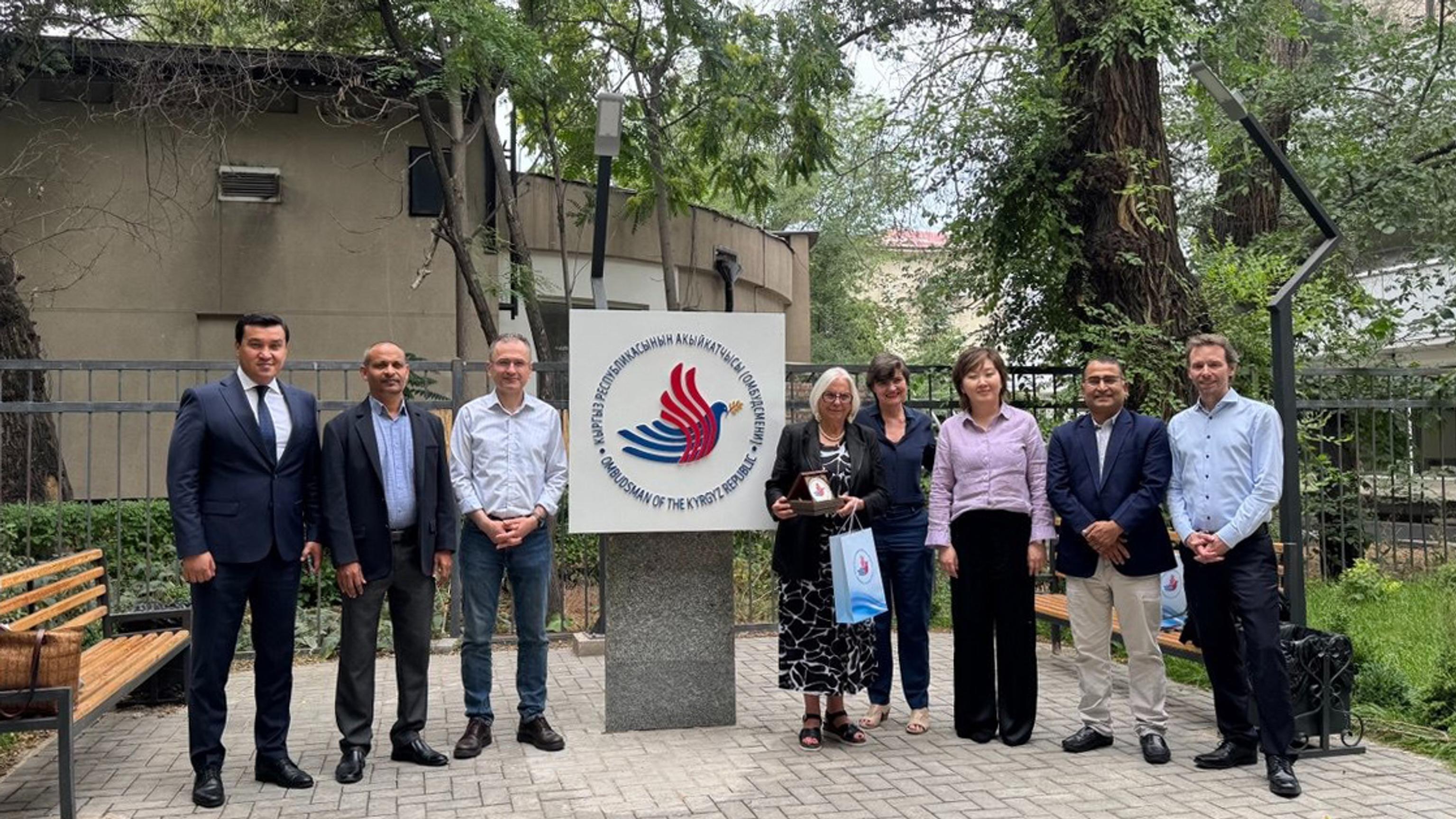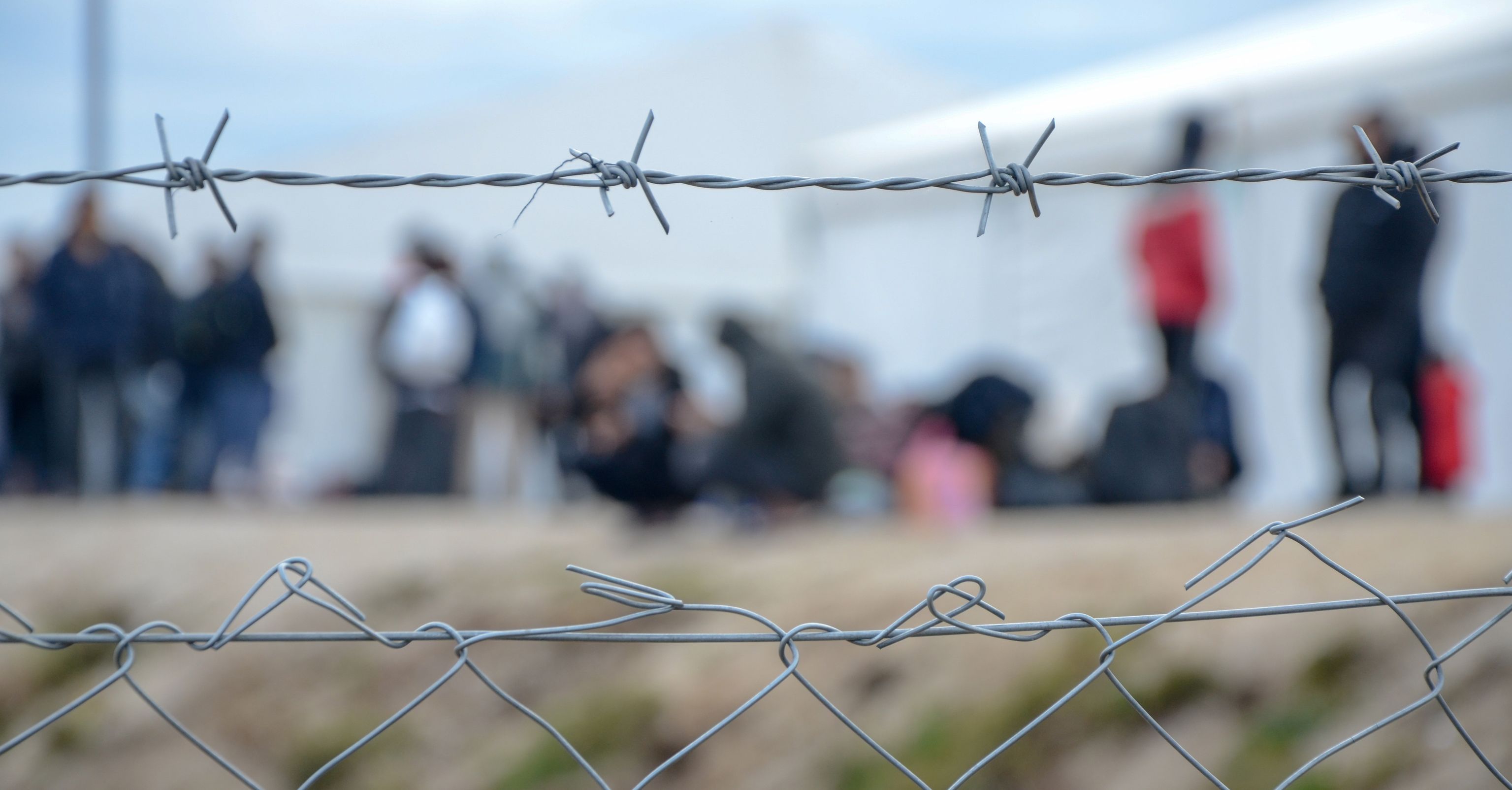Fact Sheet 3: The importance of independence
01
The Paris Principles require that NHRIs have independence in law, membership, operations, policy and control over their resources.
02
True independence requires independent thinking, in addition to the formal requirements of independence set out in the Paris Principles.
03
NHRIs can advocate for guarantees of independence to be strengthened in their establishing legislation.
This video features interviews with international experts and representatives from a broad range of APF member institutions describing the role, functions and impact of NHRIs in promoting and protecting fundamental human rights.
Independence is the first and most essential requirement for an effective national human rights institution (NHRI).
Although NHRIs are established by the State, they must be independent and act independently from all other governmental and non-governmental institutions and agencies.
True independence is fundamental to the success and credibility of an institution. An institution that cannot operate independently cannot be effective.
The Paris Principles set out the necessary guarantees of independence that must be provided to NHRIs.
Independence is without doubt the single most important component of the Paris Principles. Unless national human rights institutions are independent, in every possible way, they are no more than an arm of the government."
Chris Sidoti, APF Expert Consultant on NHRIs
Legal independence
Legal independence describes the basis on which NHRIs are established and the guarantees of independence given to them. The Paris Principles state that establishment by an executive instrument – for example, a presidential decree or order – is not adequate or acceptable.
Increasingly, NHRIs are established under the constitution of their State. This is seen as providing a greater guarantee of independence than establishment by the enactment of legislation. In general, constitutions are more difficult to amend than ordinary legislation, which can provide NHRIs greater protection against governments hostile to their work.

Operational independence
Operational independence means that NHRIs are able to determine their own priorities, programs and projects.
As the Paris Principles note, NHRIs should be empowered to "freely consider any questions falling within [their] competence". Further, they should be able to determine which of their functions is given priority in the performance of their mandate.
If a government can interfere and direct an NHRI regarding what to examine or what to do, the NHRI will not be free to identify issues of concern and act on the basis of its own decisions. There is no independence where an NHRI can be directed what to do.
Policy independence
Policy independence means that NHRIs determine their policies and their findings, conclusions and recommendations in the course of their work, whether in providing advice to parliaments and governments, in undertaking investigations and inquiries or in handling individual complaints of human rights violations.
NHRIs are the human rights experts in their countries. Their advice should be sought by State institutions, courts, civil society and others when a human rights issue or case is being considered.
Financial independence
NHRIs are not entirely independent financially. They are State institutions and they rely on States – governments and parliaments – to provide their core operational budgets.
The Paris Principles state that an NHRI should have "adequate funding … to enable it to have its own staff and premises, in order to be independent of the Government and not be subject to financial control which might affect its independence".
The nature of financial independence is complex. States determine their budgets, according to their own priorities and to the resources available to them. An NHRI cannot require its government or its parliament to allocate a specific amount of funding, only that the amount is "adequate" to its needs. The requirement of independence, however, means that NHRIs should have control over their budgets once they are allocated.

Independent members
It is NHRI members who are responsible for determining the policies, programs, operational methods and activities of their institutions, as well as findings, conclusions and recommendations when they investigate cases or situations of human rights violations. Their decisions are fundamental to the credibility and effectiveness of their NHRIs.
It is critically important, therefore, that there is a clear, transparent and participatory selection and appointment process for NHRI members, with applicants sought broadly and from a wide range of social groups.
Legal guarantees of independence of NHRI members can also be ensured through fixed terms of offices; by special procedures for their dismissal, if and when necessary; and by protection from legal action arising from the performance of their statutory functions.
Independent thinking
NHRI members need to be independently minded. In many respects, this personal quality is even more important than any legal guarantees. Independently-minded members will work around limitations in the law, while no law, no matter how strong, will embolden those who are not independently minded.
Independent thinking describes the attitude that members and staff of an NHRI bring to their work. It is an essential attribute of any NHRI that is effective and the most significant guarantee of true independence.
If members and staff see themselves as defenders of the current political system, or if they consider themselves as being under some form of obligation to the government, then they cannot be independent, no matter how closely the NHRI complies with the Paris Principles.
Limitations on independence
Parliaments and governments have constitutional roles in relation to the law, statutory appointments and budgetary allocations. They can exercise these roles in ways that affect the independence of NHRIs.
NHRIs cannot make law, appoint their own members and determine their own budgets. It is important, therefore, to maximise the independence of NHRIs by ensuring that the laws establishing them are sound and the processes for appointments and budgeting are transparent and inclusive.
Find out more
Chapters 3, 5 & 6, Manual on National Human Rights Institutions






